ALevelCourse InformationBooklet







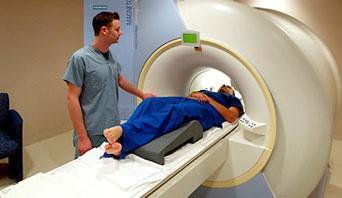
Ever wondered if prison really does change criminal behaviour? Or why some people conform? Or perhaps if the experiences you had before the age of five really do shape the person you are today?
Psychology has been defined as the science of mind and behaviour. Essentially, Psychology is all about people. We are all amateur Psychologists, every time we try and work out why someone acted the way they did or try to predict how someone might behave or react. Psychology tries to answer these questions. By investigating them in a more scientific manner.
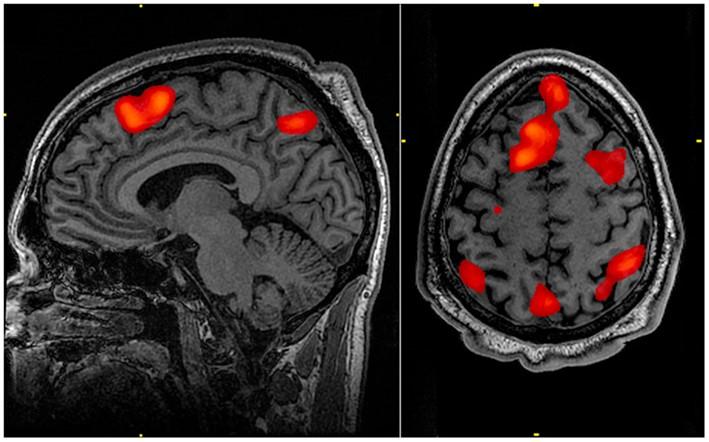

Research methods are at the heart of the course and therefore strong levels in Mathematics (6 and above, high 5 if entered at foundation level) and Science (6 and above) are required to study this subject.

Please find below a breakdown of the course. Further information can be found in the full specification, which is available on the AQA A Level Psychology webpage.
• Social Influence: Topics such as conformity, obedience and social change.
• Memory: Different theories of memory including both short term and long term memory, and factors affecting and improving the accuracy of eyewitness testimony.
• Attachment: Theories of attachment formation and the breakdown of attachments between infant and caregiver.
• Psychopathology: Definitions of abnormality and how different approaches explain and treat a range of disorder including obsessive compulsive disorder, phobias and depression.
•










Approaches in Psychology: Learning and applying the basic approaches in psychology including Behaviourism, Cognitive, Biological, Psychodynamic and Humanism.

• Biopsychology: The nervous system, the role of neurotransmitters and hormones, localisation of brain function, ways of studying the brain and biological rhythms.
• Research methods: Students will learn a range of techniques and methods including experiments, observations, self report, correlations, content analysis and case studies. Students will also learn the Scientific processes and how to handle and analyse data including inferential statistics.
Paper 3 Issues and options in Psychology Written examination (2 hours) 33.3% of qualification
• Issues and debates in Psychology.
Students will then be taught three topics from the three available options below:
• Option 1: Relationships; Gender; Cognition and development.
• Option 2: Schizophrenia; Eating behaviour; Stress.
• Option 3: Aggression; Forensic Psychology; Addiction.
Across each of these components, students will be assessed on the following objectives:
AO1: Demonstrate knowledge and understanding of scientific ideas, processes, techniques and procedures.
AO2: Apply knowledge and understanding of scientific ideas, processes, techniques and procedures
AO3: Analyse, interpret and evaluate scientific information, ideas and evidence

• Organisation skills: Use your folder effectively and keep it neat. Ensure that all of your classwork, prep work, handouts and resources are organised chronologically and by topic. You will thank yourself for doing this during revision time.
• Do not be afraid to ask questions: Psychology will be a new subject for most, if not all students at A Level and asking good questions is one of the best ways to become a good student. Ask questions and seek help whenever you are unsure or struggling with the course content or examination skills.
• Understand your own strengths and weaknesses: Everyone is unique which means you work best in different ways. You may need more assistance in organisation or examination technique. It is fine to admit you have weaknesses but you as an individual need to make use of your strengths and work on improving your weaknesses.
• Exam technique is key: Psychology is an essay based subject with a range of short questions and more challenging longer questions including 8, 12 and 16 mark questions. Practice makes perfect so prepare to work on your examination skills so you can achieve the highest grades possible.
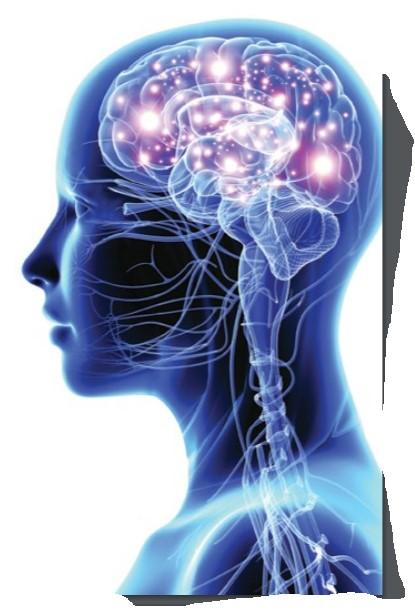
There is no expectation that students purchase any of the books below; the essential books are stocked in the department and College. However, students may wish to use some of the texts to enhance and enrich their understanding of the course’s theoretical concepts. The list below is therefore intended to give a flavour of the course and provide a reference point if any topics prove particularly challenging.
• The Complete Companions: Psychology AS The Complete Companion for AQA 'A' (Textbook) by Mike Cardwell and Cara Flanagan
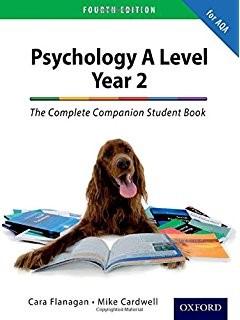
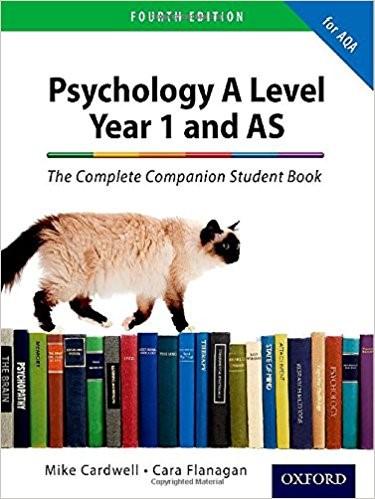
• The Complete Companions: A2 Student Book (2nd Edition) AQA A by Mike Cardwell and Cara Flanagan
• Research Methods and Statistics in Psychology by Hugh Coolican
• Psychology Psychology AS for AQA A by Mike Cardwell, Liz Clark and Claire Meldrum
• AQA Psychology A AS: Student's Book (Aqa AS Level) by Jane Willson, Rosie McGinley, Julia Willerton and Simon Green
• A Dictionary of Psychology (Oxford Paperback Reference) by Andrew Colman
• AQA Psychology A A2: Student's Book by James Bailey, Simon Green, Julia Willerton and Jane Willson
• Psychology Psychology for A2 Level for AQA (A) by Mike Cardwell, Liz Clark and Claire Meldrum
• Introducing Psychology: A Graphic Guide to Your Mind and Behaviour by Nigel Benson
• Psychology: The Science of Mind and Behaviour by Richard Gross
Aside from the use of text books students are encouraged to engage in Wider reading on topics that interest them for example:
• Lauren Slater Opening Skinner’s Box
• Geoff Rolls ‘Classic case studies in Psychology’
• Stuart Sutherland ‘Rationality’

• Stuart Sutherland ‘Breakdown: A personal crisis and medical dilemma’
• Oliver Sacks The man who mistook his wife for a hat’
• Chris Sizemore ‘I’m Eve’
• Matt Jarvis ‘Sport Psychology’
• Putwain and Sammons ‘Psychology and Crime’
• Paul Britton ‘The Jigsaw Man’
• Sandra Aamodt & Sam Wang ‘Welcome to Your Brain’
• Judith Rapoport ‘The boy who couldn’t stop washing
• Robert Akeret ‘The man who loved a polar bear & other psychotherapist’s tales
• John Grisham ‘Innocent Man’
• Colin Wilson and Donald Seaman ‘The Serial Killers: A Study in the Psychology of Violence
A Level Psychology will give you an understanding of the way people think and why people behave in certain ways. You will learn a variety of skills including analytical thinking, improved communication, problem solving and many more that will prepare you for an exciting future with the possibility of a range of rewarding careers.
Studying psychology at university can give you a whole host of exciting career options, including:
Accountancy
Business development

Clinical psychology
Forensic psychology
Human resources
Marketing
Nursing
Occupational therapy
Where will A Level Psychology take you? Possible degree options According to bestcourse4me.com the top seven degree courses taken by students who have an A Level in Psychology are:

Psychology
English studies
Sociology
Business studies
Teaching
Sport and exercise science
Law

All teaching is rooted in Christ and is taught with regard to Catholic tradition. The AQA board approach complements the ethos of the College and the course, whilst encouraging critical thinking, takes care to avoid bias. Sensitive cultural and social issues are discussed appropriately and the syllabus provides a suitable vehicle for the introduction of the subject in a Catholic school.
The academic aim of the specification encourages students to:
•
Stimulate and develop their enjoyment of, and enthusiasm for, the subject
•
Develop and demonstrate skills, including practical and research skills
• Develop essential knowledge and understanding of different areas of the subject and how they relate to each other
•
Appreciate how the subject develops and how its applications interact with changes in human attitudes, and with changes in society and technology
• Recognise the value, use and misuse of the subject in society
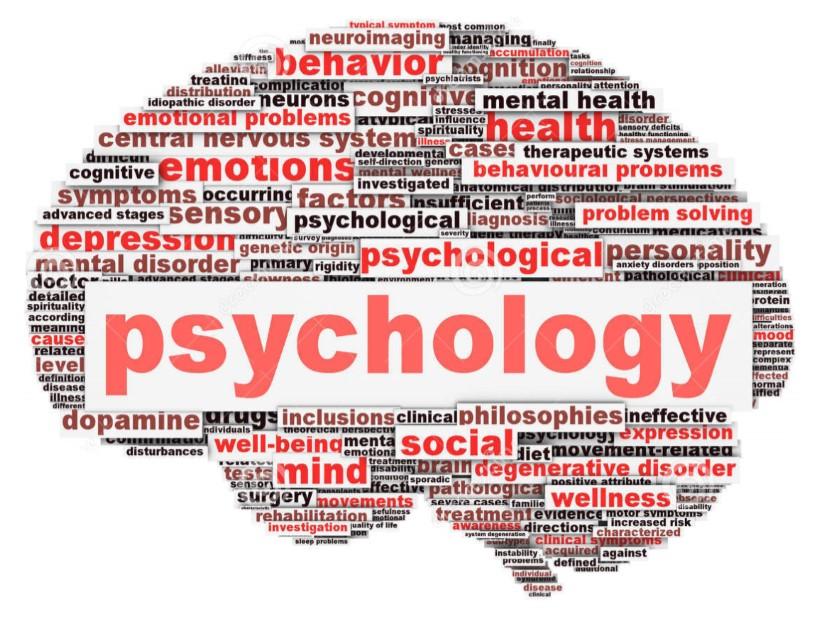
All teaching at St Edmund’s is rooted in Christ and is taught with regard to Catholic tradition with all departments expected to be faithful to our Mission. Sensitive cultural and social issues are discussed appropriately and we believe that the syllabus chosen provides a suitable vehicle for the introduction of this subject in a Catholic school and, whilst encouraging critical thinking, takes care to avoid bias.

Contact: Mr N Eliasson (Head of Department)
E mail: neliasson@stedmundscollege.org Tel: 01920 824334 or extn 4369